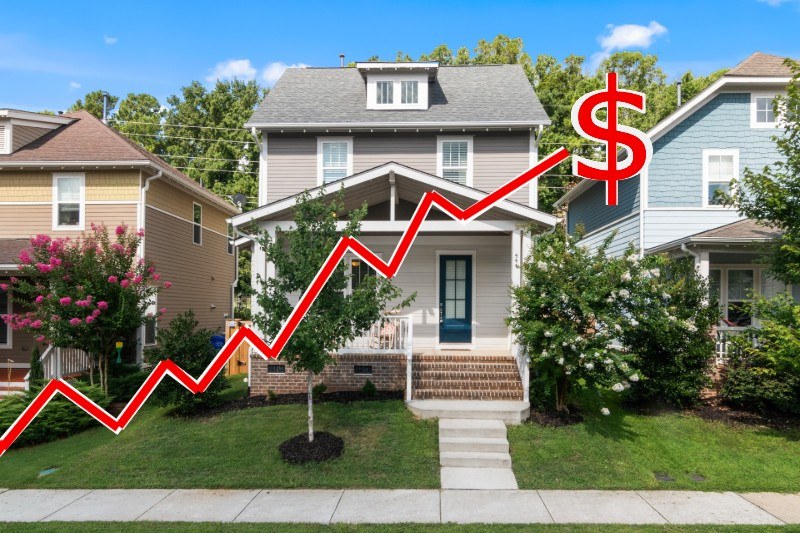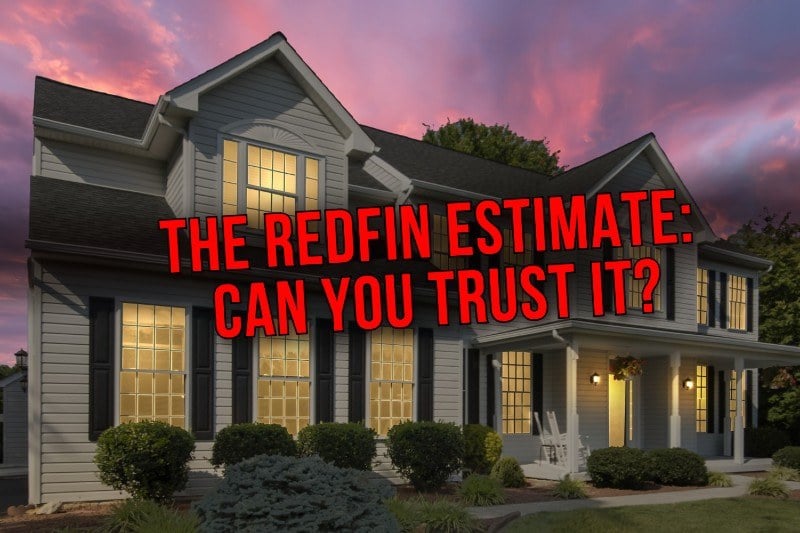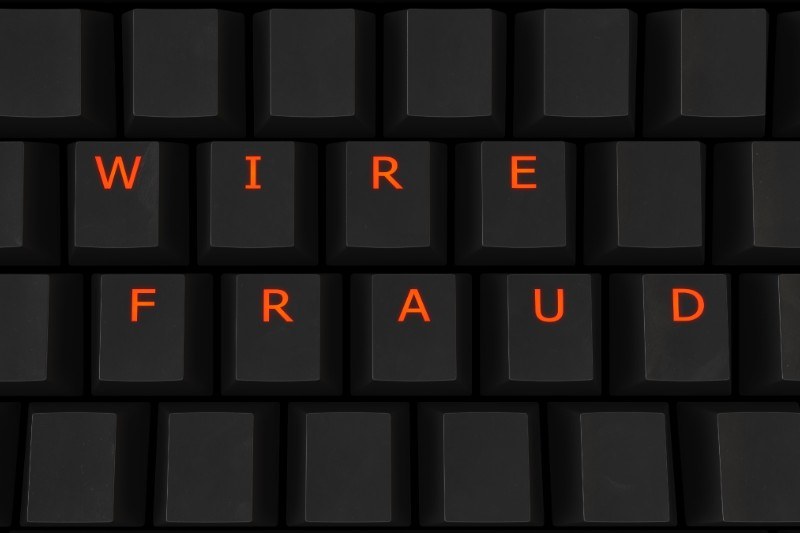After a two-year pause, Philadelphia's Office of Property Assessment (OPA) has finally posted updated real estate assessments - prompting many homeowners to react.
The re-assessment will apply to taxes due next year in March 2023, and many homeowners are in for a rude awakening - over the past three years since the last assessment update, residential property values rose an incredible 31% on average, according to 6ABC.
According to released data, about 25% of homes saw their assessment double, and this was especially prevalent in rapidly gentrifying areas like Point Breeze and Graduate Hospital. And about 15% of all homes saw tax increases of 100% or more.
The Controller’s Office noted in the initial review that the largest tax increases would be experienced in neighborhoods in South Philadelphia, West Philadelphia, and North Philadelphia.
Why did the Philadelphia Property Tax rise so dramatically?
Many residents are wondering why the city decided to hike taxes so dramatically when many people are already struggling with inflation. But Philadelphia didn’t assess homes during the pandemic - the last assessment took place in 2020 - so instead of seeing more gradual increases each year, what homeowners are really experiencing is a multi-year jump. And as most people are aware, home prices have been skyrocketing lately - which in turn just pushes property taxes up further.
"The majority of the homes in Philly are older homes, and a lot of people have owned their homes since, say, 1999. So they purchased it at $50 - $60,000 dollars, and through natural appreciation and/or sweat equity, their home is going to appreciate in value over time," explains Philadelphia-based listing agent Kyah Brown. "It may have been the market value then, but because of appreciation you reap the benefits of what the price is now."
With increased equity and higher prices when you go to sell, though, comes increased taxes.
Second, the city switched up its methodology for assessing property, opting for a system that is supposed to be more equitable and consistent.
How can you check your reassessment?
Checking your property's reassessed value is fairly simple.
- Go to property.phila.gov
- Type in your address
- Get the new assessed value
- If this is your primary residence, subtract $45,000
- Multiply that value by 1.3998% ( x .013998)
- That number represents the updated tax bill for the year
Keep in mind that if your home is your primary residence you likely qualify for the city's homestead tax exemption - which is why you subtract $45,000. Note: Property owners with a 10-year residential tax abatement are not eligible for this exemption.
What can you do if you disagree with your Philadelphia property reassessment?
If you think your property tax assessment was unfair, you do have options.
First, you can request a First Level Review if you believe your property was assessed too high. According to the City of Philadelphia, you need to be able to prove that one of the following is true:
- The estimated market value of your home is too high or too low.
- The estimated market value of your property is accurate, but inequitable.
- The characteristics of your property that affect its value are substantially incorrect. (This includes a missing or incorrect abatement or exemption.)
Whether or not you file a First Level Review, you can also file a formal appeal to the Board of Revision of Taxes by Oct. 3.
Whhy.org and its guide to the property assessment is a great resource for Philadelphians who want to challenge the assessment increase.
What alternatives do you have for reducing your mortgage payment?
Most homeowners pay for property taxes as part of their mortgage payment - so if they can reduce their overall monthly payment, that can help make coping with the rise in taxes easier.
Reduce your homeowner's insurance
"Personally, I’m trying to find ways to decrease my monthly payment. I started shopping around for my homeowner's insurance and I was able to get it down by $800," explains Brown. "So that's a cool way to lower that payment. Since the tax is going up, I would recommend homeowners try to shop around for homeowner’s insurance."
Apply for the homestead tax exemption
Philadelphians who live in their home as a primary residence typically qualify for the homestead tax exemption, which allows them to reduce the taxable assessed value of their home by $45,000. This saves homeowners around $700 on average.
Mayor Kenney has proposed raising the homestead tax exemption from $45,000 to $65,000 - which would reduce homeowners’ overall taxable value and help reduce some of the dramatic cost increase. And if you haven't already applied, then receiving the tax exemption will reduce your overall property tax.
Apply for the Senior Citizen Tax Freeze
If you're over the age of 65, you might also qualify for the senior freeze - which prevents your city property taxes from rising any further. To qualify, you or your live-in spouse must be 65 years or older.
Apply for the Longtime Owner Occupants Program
You may also qualify for the Longtime Owner Occupants Program - this allows some homeowners to have their property value locked in for as long as they remain eligible.
Not everyone will be eligible, though; you have to have lived in your home for at least 10 years, be below their income cap, and be in a gentrifying area (that has experienced a residence assessment increase by over 50%).
Check to see if you can eliminate PMI
The average homebuyer only puts down 12% on their home purchase, which means that the majority of homebuyers are paying private mortgage insurance - at least initially. If you're approaching 20% equity in your home, you may be able to drop PMI. Although lenders are required to drop PMI once you reach 22% equity, you can request for them to drop it at 20%.
Save while you have time
Brown notes that ultimately, homeowners have some time until that additional payment kicks in.
"For people who have extra income, I would just start putting more money into your escrow account for your tax bill next year - because it’s not going to kick in until next year," she recommends. "At some point, there will be a reassessment so if your account is behind, they’re going to increase your payment by more than what it should've been because you're making up payments, or they’re going to send you a bill."
What does this mean for potential homeowners in Philadelphia who haven't bought a house yet?
Are you planning to buy a house in Philadelphia and wondering how the updated property tax will impact it?
If your home is new or renovated and qualified for the Philadelphia tax abatement, then you might not feel the full impact of this tax update for several years. Ultimately, any homes not currently covered by the abatement will experience an increase in estimated monthly mortgage payments - which may impact the purchase decisions some homebuyers would have made.
"If someone is already struggling without the tax, it’s making their monthly payment higher," explains Brown. "If you’re about to buy a house and have a budget of what you want to spend a month, this tax increase can take you out of that budget - and you may want to rethink purchasing that particular home."
If you're thinking about buying a home soon, it's a good idea to meet with both an agent and a mortgage advisor - there are multiple options for home loans (longer-term vs. shorter-term, fixed vs. adjustable rate, etc) and some might meet your needs better than others.
Talk to an agent about this today
The City of Philadelphia acknowledges that the tax represents a dramatic increase in cost for residents, and they are considering lowering the wage tax to provide some relief. For city residents, the wage tax would decrease from 3.84% to 3.7% under this proposal. While this is promising, homeowners and homebuyers should assume for now that they need to pay higher property taxes once the increase kicks in.
For Further Reading



